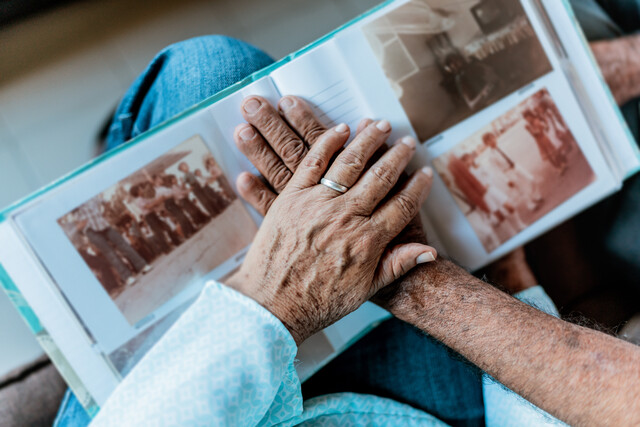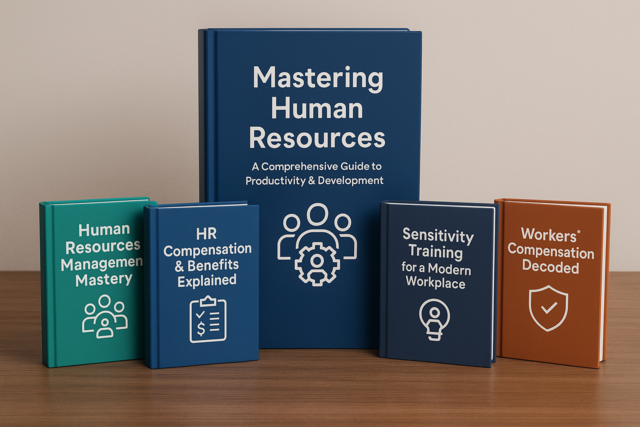Alzheimer's Disease 101
Empowering Minds, Understanding Alzheimer's

7 Hours average completion time
0.7 CEUs
11 Lessons
17 Exams & Assignments
41 Discussions
11 Videos
12 Reference Files
84 Articles
Mobile Friendly
Last Updated January 2026
Welcome to this introductory course on Alzheimer's disease. As one of the most feared and misunderstood types of dementia affecting the elderly today, understanding Alzheimer's and how it affects the brain is important not only for every individual, but for those diagnosed with the disease, and their caregivers. In this course, students will learn about some of the risk factors and perceived causes of Alzheimer's disease. Students will learn the most common warning signs of Alzheimer's and differentiating between Alzheimer's symptoms and normal aging processes.
By the end of this course, students will also understand how Alzheimer's disease is diagnosed and classified or staged, with differing symptoms affecting the lifestyle, environment and challenges placed on caregivers. Home safety and the security of loved ones is of primary importance for someone with Alzheimer's disease, and this course covers the basics of how you can adapt the home to create a safe environment for a loved one. Future considerations regarding care, legal and financial planning are also introduced in this course, as are tips and suggestions on dealing with certain behaviors common to Alzheimer's disease including anxiety, confusion and aggression.
No course on Alzheimer's would be complete without addressing caregivers. Caregiving is an extremely rewarding experience, but may also precipitate a number of challenges and stress. Taking care of the caregivers, and different approaches and expectations of care based on culture will be discussed.
Knowing what to expect during the latter stages of the Alzheimer's disease process and suggestions of things to remember when providing care for someone diagnosed with Alzheimer's will round out this course. We hope this course will alleviate some of the fear and uncertainty regarding Alzheimer's and provide guidance, understanding and suggestions for compassionate approaches to caregiving and support that you can offer to loved ones or friends diagnosed with Alzheimer's disease.
- Understanding Alzheimer's progression and diagnosis
- Managing stress in caregiving
- Recognizing Alzheimer's versus normal aging
- Developing compassionate caregiving techniques
- Communicating non-verbally with Alzheimer's patients
- Planning legal and financial affairs
- Navigating late-stage Alzheimer's care needs
- Implementing home safety adaptations
- Embracing cultural competencies in caregiving
-

Adobe After Effects
-

Human Resources Productivity Course Bundle
-

Reiki Ultimate 5 Course Bundle: Reiki Levels 1-5
-

Climate Change
-

Career Coaching
-

Writing Help Course Bundle
-

Advocacy for Elderly Patients
-

Internet Fundamentals 101
-

Professional Organizer Training
-

Angels 101: History, Religion, Spiritualism and You
-

ESL Grammar Skills: Level 1-5 Course Bundle
-

Egyptian Mythology 101
-

Building Self-Esteem in Children
-

Dog Training All-In-One Course Bundle
-

Become a Life Coach - Course Bundle
-

Social Media 101: How to Use Facebook, Twitter and LinkedIn
-

Modern Marketing Strategies for Small Business
-

Mastering Sales Skills 101
-

Introduction to Logic
-

Cooking Class Bundle: 5 Cooking Courses
-

Paralegal Studies Career Overview
-

OneNote for Windows
-

Western Calligraphy
-

Health Education 101
-

Medical Billing and Coding Course Bundle
